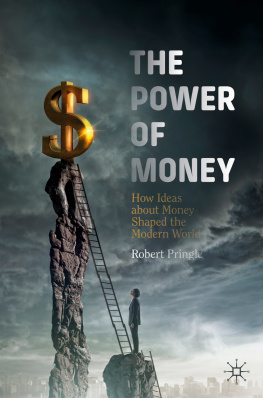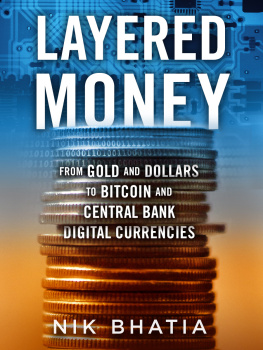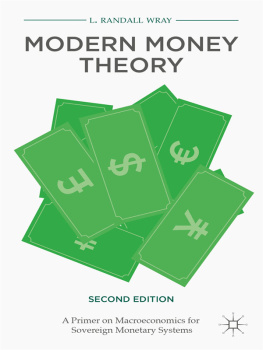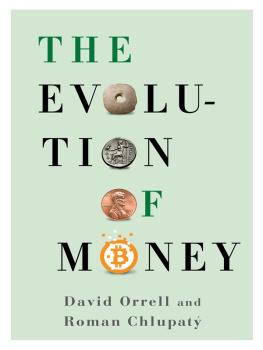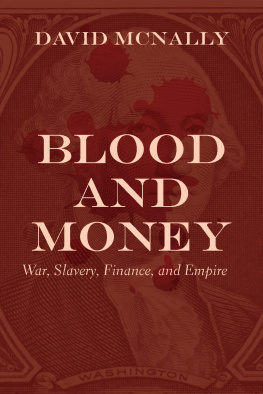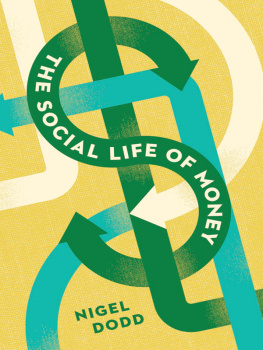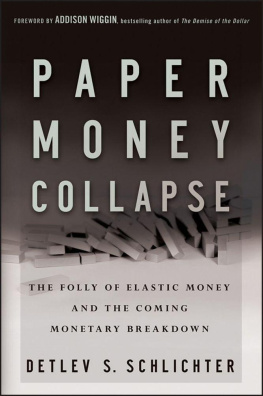
Money and Society
Published in association with the
International Initiative for Promoting Political Economy (IIPPE)
Edited by
Ben Fine (SOAS, University of London)
Dimitris Milonakis (University of Crete)
Political economy and the theory of economic and social development have long been fellow travellers, sharing an interdisciplinary and multidimensional character. Over the last 50 years, mainstream economics has become totally formalistic, attaching itself to increasingly narrow methods and techniques at the expense of other approaches. Despite this narrowness, neoclassical economics has expanded its domain of application to other social sciences, but has shown itself incapable of addressing social phenomena and coming to terms with current developments in the world economy.
With world financial crises no longer a distant memory, and neoliberal scholarship and postmodernism in retreat, prospects for political economy have strengthened. It allows constructive liaison between the dismal and other social sciences and rich potential in charting and explaining combined and uneven development.
The objective of this series is to support the revival and renewal of political economy, both in itself and in dialogue with other social sciences. Drawing on rich traditions, we invite contributions that constructively engage with heterodox economics, critically assess mainstream economics, address contemporary developments, and offer alternative policy prescriptions.
Also available
The Political Economy of Development:
The World Bank, Neoliberalism and
Development Research
Edited by Kate Bayliss, Ben Fine and
Elisa Van Waeyenberge
Theories of Social Capital:
Researchers Behaving Badly
Ben Fine
Money and Society:
A Critical Companion
Axel T. Paul
Microeconomics:
A Critical Companion
Ben Fine
Macroeconomics:
A Critical Companion
Ben Fine and Ourania Dimakou
Beyond the Developmental State:
Industrial Policy into the Twenty-First Century
Edited by Ben Fine, Jyoti Saraswati and Daniela Tavasci
Dot.compradors:
Crisis and Corruption in the Indian Software Industry
Jyoti Saraswati
Money and Society
A Critical Companion
Axel T. Paul
Translated by Philip Mader
First published 2020 by Pluto Press
345 Archway Road, London N6 5AA
www.plutobooks.com
Copyright Axel T. Paul 2020
The right of Axel T. Paul to be identified as the author of this work has been asserted by him in accordance with the Copyright, Designs and Patents Act 1988.
British Library Cataloguing in Publication Data
A catalogue record for this book is available from the British Library
ISBN 978 0 7453 4195 8 Hardback
ISBN 978 0 7453 4196 5 Paperback
ISBN 978 1 7868 0711 3 PDF eBook
ISBN 978 1 7868 0713 7 Kindle eBook
ISBN 978 1 7868 0712 0 EPUB eBook
This book is printed on paper suitable for recycling and made from fully managed and sustained forest sources. Logging, pulping and manufacturing processes are expected to conform to the environmental standards of the country of origin.
Typeset by Stanford DTP Services, Northampton, England
Simultaneously printed in the United Kingdom and United States of America
Contents
Preface
In this book I aim to offer a theory of money, not merely to discuss theories of money. I seek to paint the rich panoply of existing theories of money onto a sociological or, more precisely, institutionalist canvas. This requires us to be enlightened by, yet also disabused of, much of economic theory. Naturally, my efforts stand on the shoulders of others research, drawing upon a long line of theorists of money who have already written about many, perhaps even all, of the ideas I will discuss here, or at least similar ideas. Precisely for this reason, it would be impossible to pinpoint exactly which theorists in particular deserve the credit for most of the ideas advanced in this book. Whoever wishes to trace their genealogy, however, will find references to the most important studies spread throughout the book. I therefore make no claim to any particular originality, but hope at least to attain a certain coherence in sorting, organising, appraising and re-evaluating the many theories of money that have informed contemporary thinking.
Let me begin by sketching the ideas that will be developed in this book: money is an institution and, at the same time, a material symbol arising from a particular type of social relation, its regulation and codification. It is not, as many others have argued, a tool invented by individual actors merely to optimise exchange. This assertion will probably provoke disagreement from the authors whose analyses I contradict (or have perhaps simply overlooked), but that is precisely the spirit of academia. As it happens, the target audience for this book is not so much competitors in the field of monetary theory as laypeople: perhaps, in particular, those with some background in the social sciences or humanities, who might take a special interest in money and political economy. For them, I hope to make clearer than it already ought to be that to leave the issue of money to economists and the financial professionals would be an intellectual failure and a political problem. Money as a social institution affects all of us, and needs to be understood by everyone.
The first chapter deals with the theory that money arose from exchange, which continues to enjoy much currency in economics and beyond, but which turns out to be as empirically untenable as it is logically implausible. This theory, which presupposes an already existing, rationally calculating homo economicus, not only flies in the face of the sheer improbability and implausibility of the type of economic exchange from which it sees money to have arisen, but also ignores the problems of coordination that stand in the way of anything like markets emerging in the first place.
The second chapter recapitulates those origin stories that enact and reveal the categories (or simply dimensions) of money that have actually mattered in history. First comes money as a measure of value as a way of thinking, which allows economic value to become imaginable and quantifiable in the first place and only then physical, intrinsically valuable money. As we shall see, money has non-economic, rather than economic, origins. It served first as a means of debt redemption, and only later as a means of exchange.
The third chapter fast forwards from the early origins of money to the world of contemporary finance. The main point is: money alters temporality, leading to a particular structural problem, namely that money holders appreciate it for its ever present usefulness, yet the benefits of its liquidity can never be enjoyed by all money holders at once, or even to the same extent. We will see how the existence of modern financial markets in particular, banks and securities exchanges stems from the attempt to resolve this problem (the liquidity paradox), an attempt that only aggravates the situation, however, by making financial crises a permanent and immanent risk.


